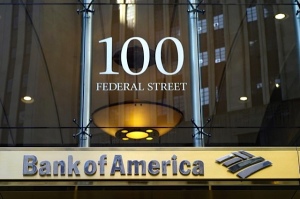In M&A transactions, an escrow or a holdback is used to insure that certain conditions are met by the seller before an agreed amount of funds is released to the seller. If an escrow is used, an escrow agent, a third party, holds the funds until receiving instructions that certain obligations have been met and the funds can be released. Most of the time, the escrow agent is a large reputable bank that offers that service.
Despite the fact that the use of an escrow is very common in M&A transactions, the terms of such accounts can vary greatly. The average escrow amount usually ranges between 10 and 20 percent of the purchase price and the period that the funds are held ranges, on average, from 12 to 24 months from the date the deal is closed. Sometimes, in particular situations, both the amount and the time period are dramatically increased.
Escrows are held for some period of time to protect the buyers of a business against any unforeseen financial losses after the closing. Buyers are usually worried that undisclosed liabilities will appear after closing. Typically, the funds are released to the seller at pre-agreed times, sometimes as early as six months after closing. It would be highly unusual for the whole amount to be released after such a short period of time; however, buyer and seller frequently agree to release portions of the escrow after six or twelve months. The funds are only released if all of the agreed obligations are fulfilled.
The alternative to an escrow is a holdback. That’s where the buyer just holds back a certain percentage of the transaction consideration. The biggest risk to a holdback is if the buyer goes bankrupt or somehow can’t pay the holdback. While this is very unusual, it’s why many sellers prefer the safety of an escrow.
Escrows can reduce a seller’s risk of not being paid as the funds are held with a neutral third party and can only be released in accordance with the escrow agreement. Buyers do not expect to have escrow funds returned to them; however, if unknown liabilities appear after closing, the escrow protects them as the funds are there and available.
It should be clear that, provided the conditions are met, any funds in an escrow account are for the seller and most times will even earn interest. The funds are only returned to the buyer if unknown liabilities appear or if the seller doesn’t live up to certain pre-agreed conditions as outlined in the Purchase and Sale Agreement.








